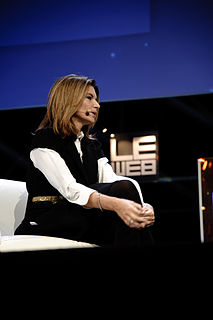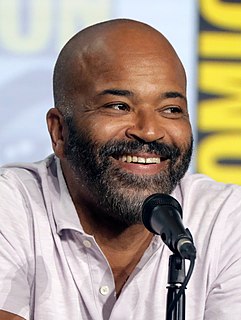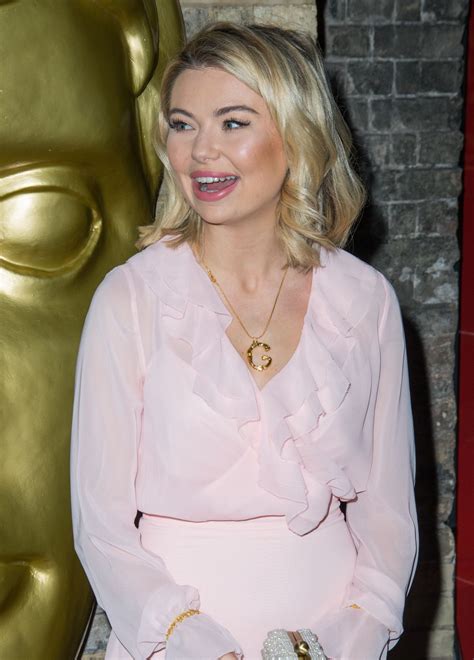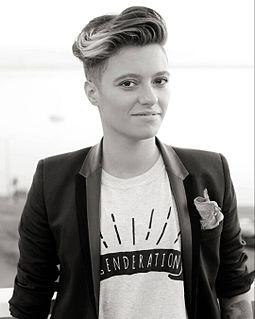A Quote by Yitzhak Rabin
One of my theories about why we've been cranky is Australians have been forced to focus on politics or party politics a little bit more than they normally would.
Related Quotes
If you take the conflicts we are used to dealing with, race over the years in America, and you combine that with the desire or aspiration to political power or taking power from other people, which is what politics is all about, you end up with a lot more friction than you would normally see with just straight-ahead politics.












































